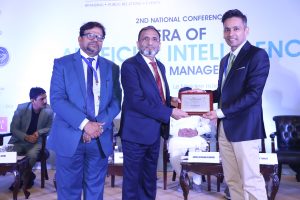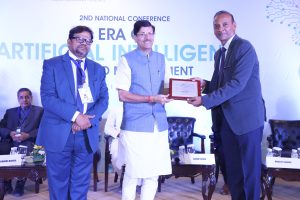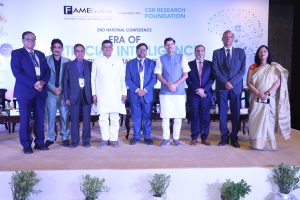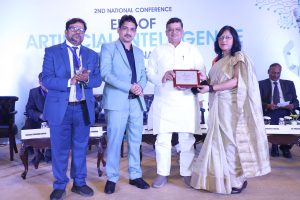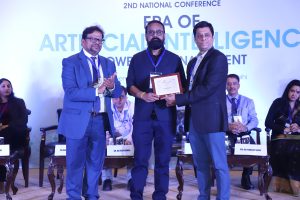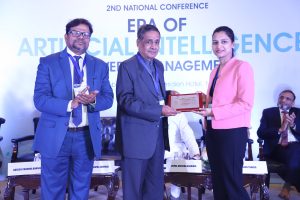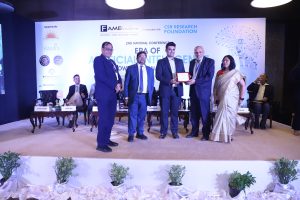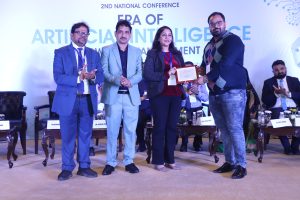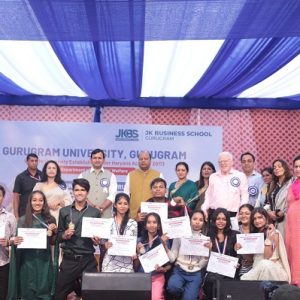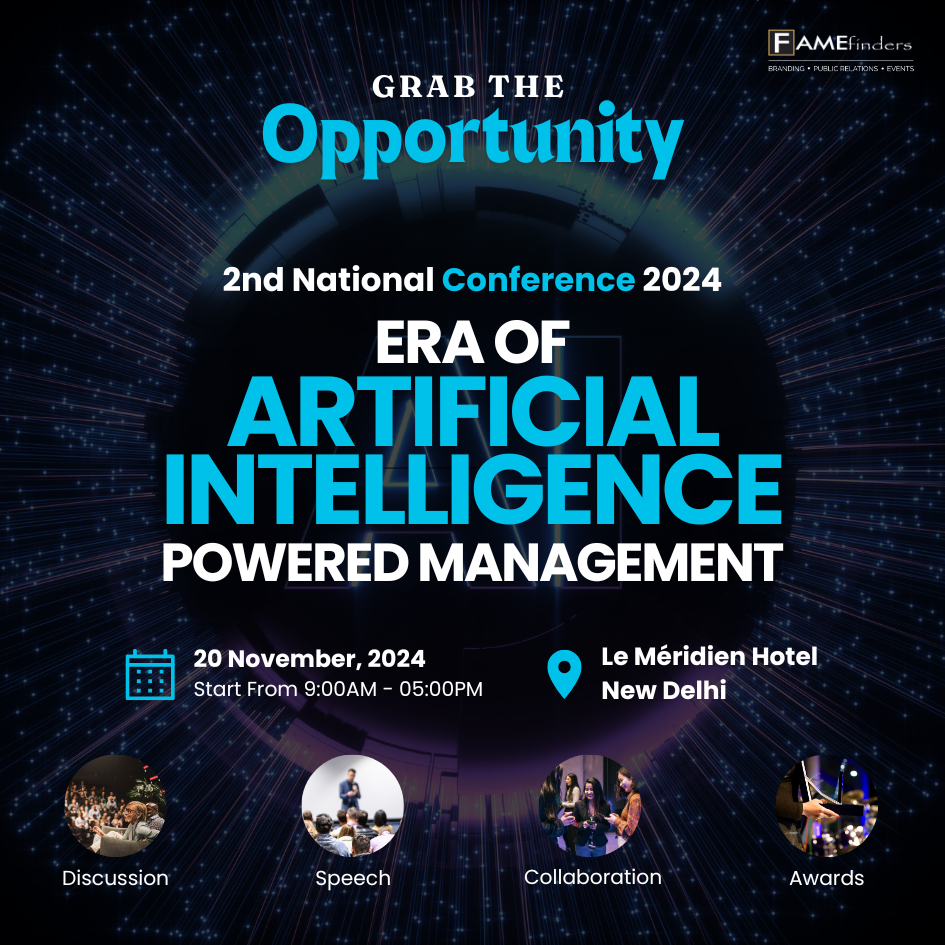The Powering Livelihoods programme has committed approximately INR 1 crore in funding to scale up new cleantech innovations in the DRE sector. The programme has on-boarded six new DRE innovators while continuing to support 11 others. The programme, spearheaded by the leading think tank Council on Energy, Environment and Water (CEEW) and Villgro, one of India’s oldest and largest social enterprise incubators, has supported adopting cleantech solutions to transform rural livelihoods. Some examples of these technologies include solar refrigerators, food processing machines, solar-powered reeling and spinning machines, biomass cold storage, and solar dryers.
Renewable energy-powered innovations enabling women entrepreneurs to start micro businesses
The six newly onboarded enterprises – Temperate Technologies, Takachar, Jaljeevika InfoTech, Saptkrishi Scientific, SEMA and Oscillo Machines – will receive support from the newly created funding pool for scaling their innovations. These DRE solutions enhance productivity and promote local production and value addition in the fisheries, grain processing, and crop residue management sectors to positively impact rural livelihoods.
Abhishek Jain, Fellow and Director – Powering Livelihoods, CEEW, said, “India needs to create economic opportunities at a quicker pace, given its growing young population. Urban jobs can not be the only solution. We need to enhance livelihood opportunities closer to where the bulk production happens and where most people are. But, it must be done in a sustainable and climate-resilient way – that’s exactly what Powering Livelihoods does. With our experience over the years, we are now doubling down to strive for an even greater impact.”
Ananth Aravamudan, Chief of Programs and Strategy, Villgro, said, “We have seen DRE technologies mature over the years, in terms of reliability and proven business models. The stage is set to scale these technologies through access to markets and access to finance. Powering Livelihoods has the track record and resources to make this happen. We believe that not just the innovations, but also the ecosystem consisting of channel partners, financiers and policymakers will see a huge upside through our efforts.”
Powering Livelihoods currently supports a total of 17 enterprises, aiming to create 40,000 livelihoods by deploying 20,000 decentralised renewable energy (DRE) technologies across India by 2026. According to analysis by CEEW, DRE technologies have a market potential of USD 50 billion and can impact 37 million livelihoods in India alone. To enable this, Powering Livelihoods provides technical assistance to strengthen enterprise operations and enable go-to-market and financial partnerships. The initiative also facilitates end-user financing of these cleantech solutions through partnerships with microfinance institutions, Non-Banking Financial Companies (NBFCs) and rural banks.
Powering Livelihoods began operations in 2020 and has already supported ~19,700 livelihoods until 2023. About 70 per cent of these users are women. Further, through ~12,500 clean technology deployments, 16,800 MT of CO2 emissions were mitigated until 2023. Between 2020 and 2023, the supported enterprises raised USD 7.3 million in follow-on funding.
The programme is currently supported by the IKEA Foundation, Good Energies by Porticus, and the DOEN Foundation. The initiative will continue to support enterprises such as Devidayal Solar, Dharambir Food Processing, Rukart, Hydrogreens, Coolcrop, Resham Sutra, New Leaf Dynamic, Karmatech, Katidhan, Raheja Solar, and Khethworks.
As part of the initiative, CEEW will continue to generate impact and viability evidence to inform about the sectors potential and challenges. It will also engage with policymakers and other ecosystem stakeholders to support policy convergence for DRE for livelihoods. Villgro, on the other hand, will continue to play a vital role as an enterprise incubator, providing mentoring, technical assistance, and facilitating ecosystem partnerships.
About Powering Livelihoods
Powering Livelihoods, a CEEW-Villgro initiative, aims to boost India’s rural economy by scaling up the penetration of clean energy-powered appliances for livelihoods. Over three years, the initiative will cleantech enterprises to undertake large-scale commercial deployment of their solutions and use the generated evidence to catalyse the sector. The initiative also provides explicit financial and technical support to enhance gender inclusion in the clean energy for livelihoods ecosystem. Learn more about Powering Livelihoods here.
About CEEW
The Council on Energy, Environment and Water (CEEW) is one of Asia’s leading not-for-profit policy research institutions. The Council uses data, integrated analysis, and strategic outreach to explain – and change – the use, reuse, and misuse of resources. It prides itself on the independence of its high-quality research, develops partnerships with public and private institutions, and engages with the wider public. In 2021, CEEW once again featured extensively across ten categories in the 2020 Global Go To Think Tank Index Report. The Council has also been consistently ranked among the world’s top climate change think tanks. Follow us on Twitter @CEEWIndia for the latest updates.
About Villgro
Villgro is Indias foremost and one of the worlds largest social enterprise incubators. Established in 2001, Villgro’s mission is to make innovative, impactful businesses succeed in Health, Agribusiness, and Climate Action. Since 2001, Villgro has supported 340 social enterprises that have raised over INR 4.28 billion in investments, created 5,646 jobs, and impacted over 20.8 million lives. Villgro was awarded the Top Incubator Award by the Department of Promotion of Industry and Internal Trade (GoI) in 2020 and the DivHERsity Awards in 2022.


